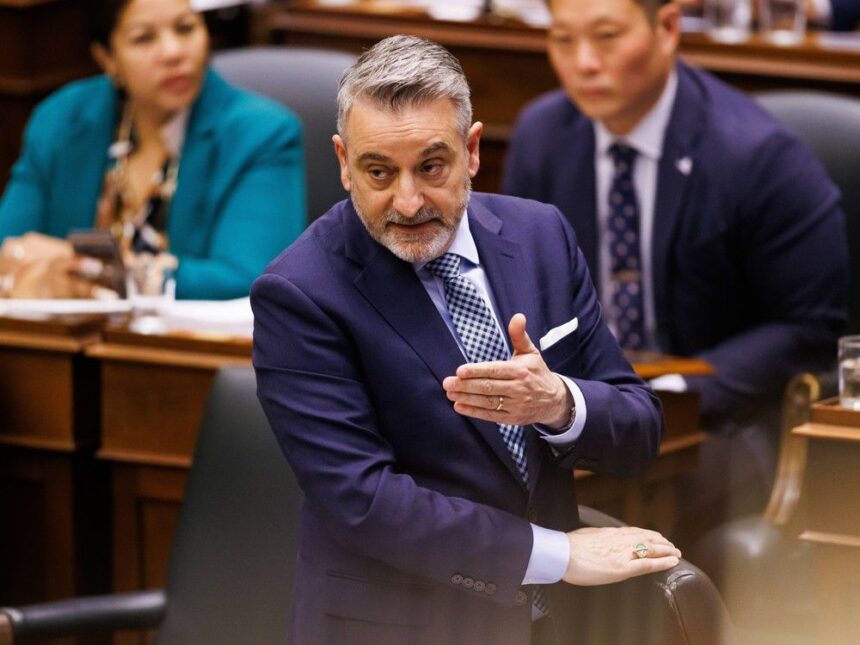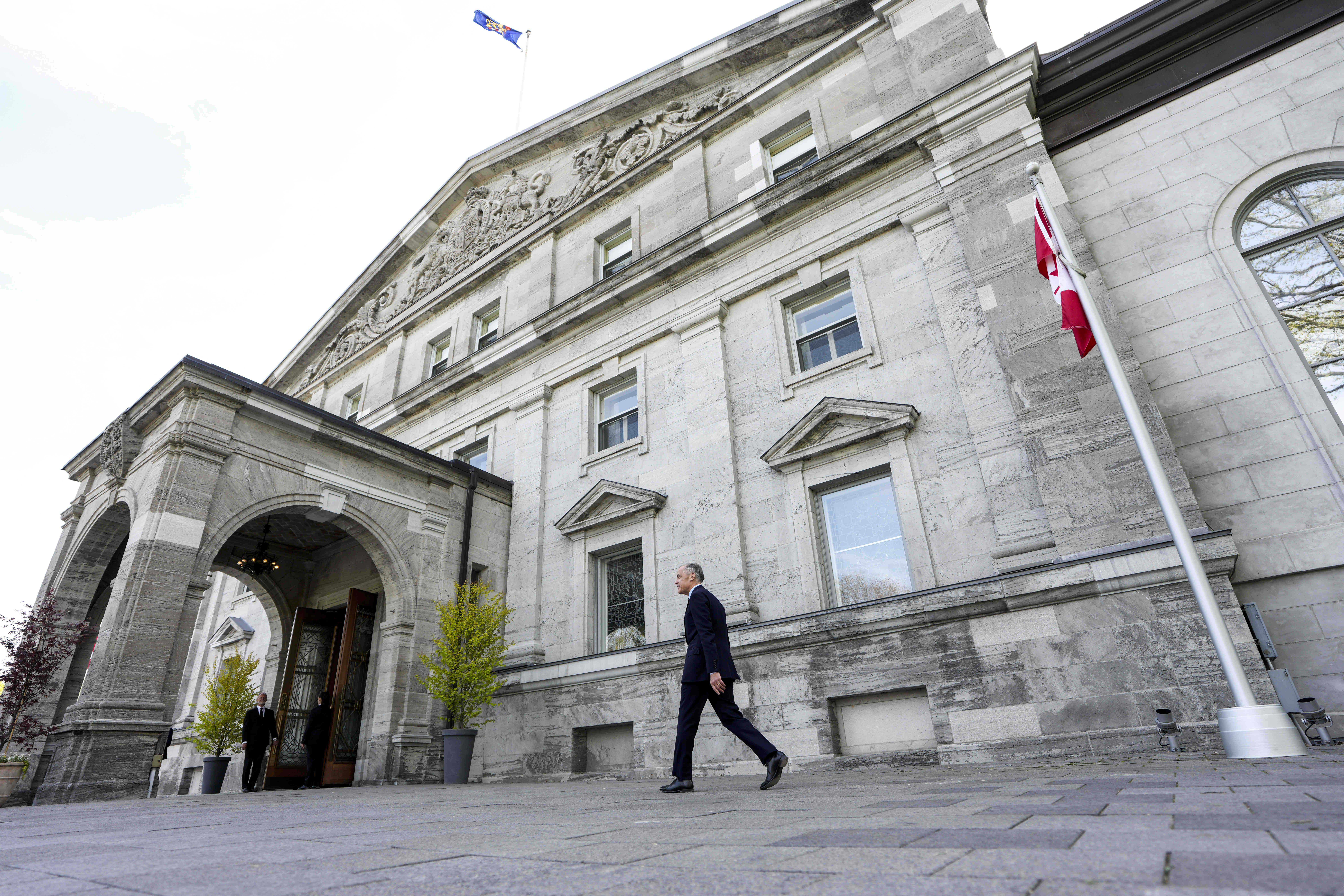In an unprecedented move that has sent shockwaves through the education sector, the Ontario government has appointed a financial supervisor to oversee the Ottawa-Carleton District School Board (OCDSB), effectively seizing control of the board’s financial operations following months of budgetary turmoil.
Education Minister Stephen Lecce announced the appointment Wednesday, citing the board’s “irresponsible” decision to approve a deficit budget of approximately $17 million for the 2024-25 school year. This marks the first time in over two decades that the province has taken such drastic measures against a major urban school board.
“After repeated warnings and opportunities to correct course, the OCDSB trustees have failed in their fundamental responsibility to balance their budget as required by law,” Lecce stated during a press conference. “This intervention is necessary to protect students and taxpayers from financial mismanagement.”
The appointed supervisor, Bruce Rodrigues, a former deputy minister of education and CEO of the Education Quality and Accountability Office, will assume immediate authority over all financial decisions. While elected trustees will remain in their positions, they will be stripped of voting powers on budgetary matters until the board returns to fiscal stability.
OCDSB Chair Lyra Evans expressed frustration with the province’s decision, arguing that chronic underfunding of special education programs and inflation-related cost increases left the board with impossible choices.
“We made difficult decisions based on the needs of our most vulnerable students,” Evans said. “The province has consistently downloaded responsibilities without adequate funding to support them.”
The intervention follows months of escalating tensions between the provincial government and the board. In June, trustees rejected staff recommendations for cuts that would have eliminated 134 positions, including educational assistants and specialized support staff. Instead, they approved a deficit budget that preserved most student-facing services.
According to CO24 Education analysis, Ontario school boards are legally required to maintain balanced budgets under the Education Act. The OCDSB now joins a small group of boards that have faced provincial supervision over the past three decades, including the Toronto Catholic District School Board in 2008 and the Windsor-Essex Catholic District School Board in 2012.
Parent groups appear divided on the intervention. The Ottawa-Carleton Assembly of School Councils called the move “heavy-handed,” while others expressed hope that provincial oversight might lead to more sustainable funding models.
“Parents are caught in the middle of what has become a political standoff,” said Jennifer Adams, a parent of two OCDSB students. “We just want stable, well-funded schools for our children.”
Education policy experts note that this conflict highlights broader tensions in Ontario’s education funding model, which has struggled to keep pace with inflationary pressures and growing special education demands.
“This situation isn’t unique to Ottawa,” explained Dr. Priya Singh, education policy researcher at the University of Toronto. “Many boards across Ontario are making painful cuts to balance their budgets, but most have avoided deficits out of fear of exactly this type of provincial intervention.”
The supervisor will remain in place until the Ministry of Education determines the board has returned to sound financial footing, which could take anywhere from several months to years based on previous interventions.
As students prepare to return to classrooms in September, the fundamental question remains: in an era of rising costs and complex student needs, is Ontario’s education funding model still fit for purpose, or are we witnessing the beginning of a larger provincial-municipal power struggle over who truly controls our public education system?














